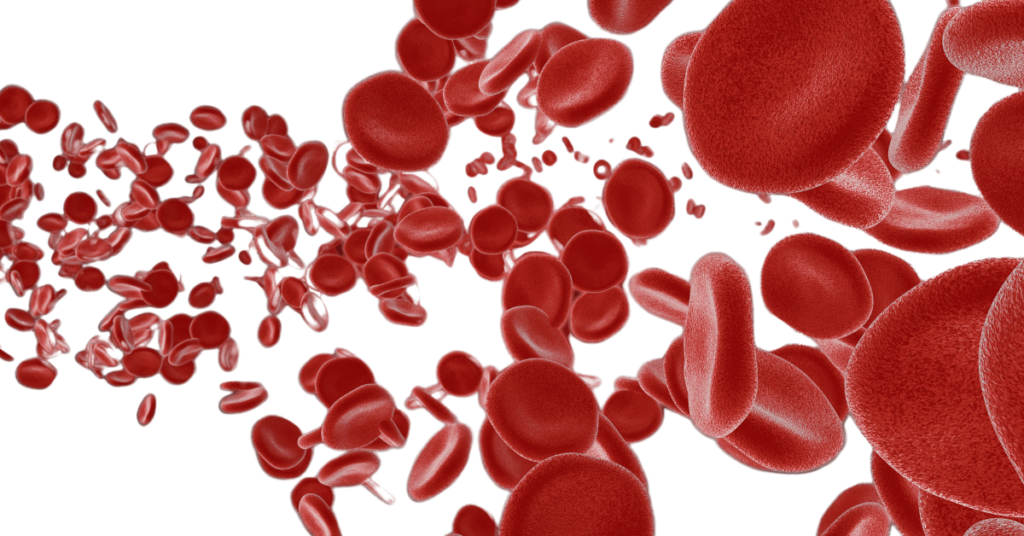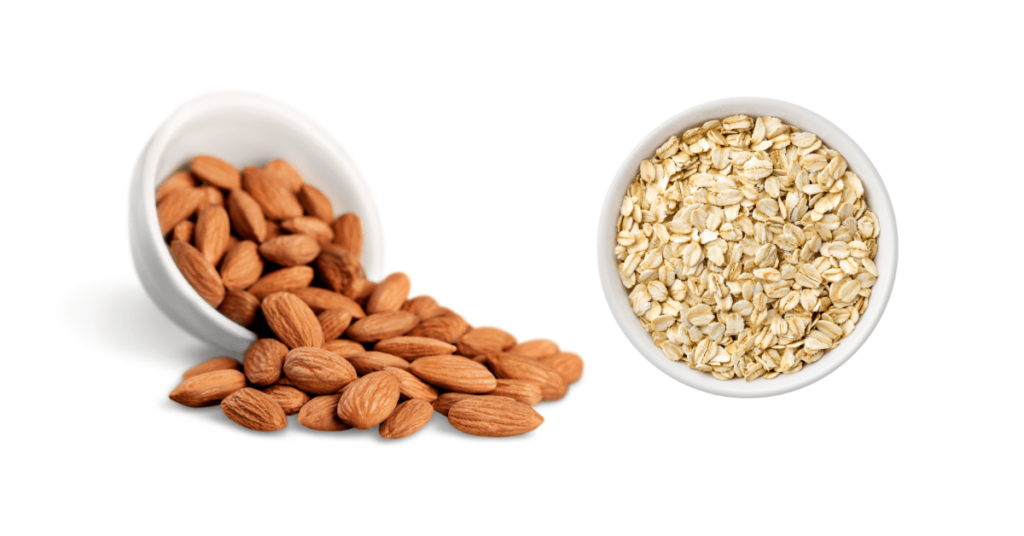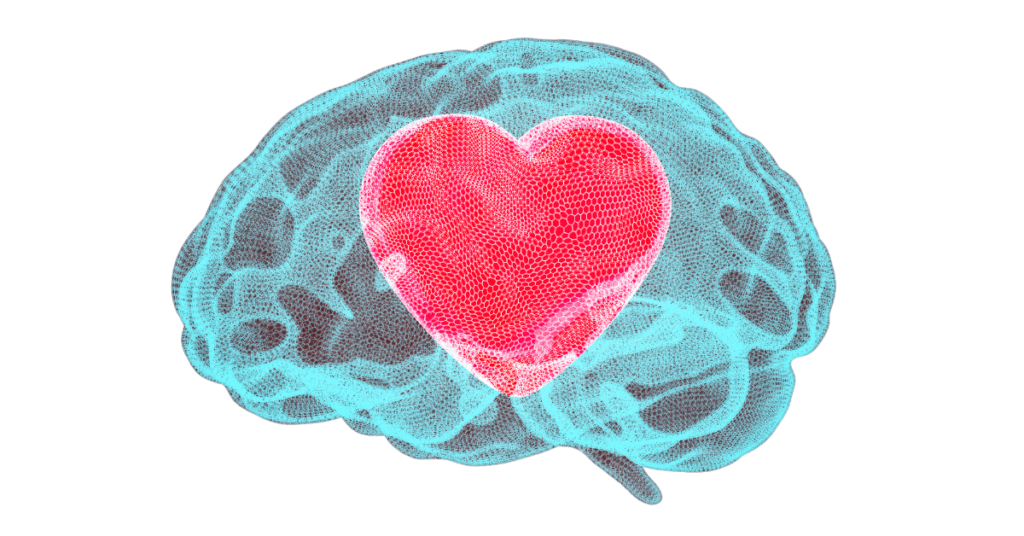A Personalized Diet, Is It Better? Types, Pros & Cons
1. Personalized Diet Overview
A personalized diet is a customized and detailed eating plan in terms of nutritional and therapeutic value. As the term suggests, this type of diet can be highly detailed for specific individual requirements.
Additionally, diets can be limited by the prescribed duration and may be tailored based on individual factors to determine their suitability. These diets contain both solid and liquid components in variable quantity.
After assessing the basis of individual requirements, recommendations are given accordingly.
Key Points In This Article
To understand what a personalized diet may entail, this article discusses the following key points:
- What is a Personalized diet
- Factors Considered
- Primary Objective & Relative Benefits
- Types of Personalized Diets
- Relevant case studies

What Is A Personalized Diet?
A personalized diet is a dietary plan that is recommended for a particular purpose. They often include a number of components to create a particular food plan.
As a result, a type of diet may act therapeutically to food-based nutrition due to the level of detail and phytochemical actions in a plan.
This type of diet is highly individualised, considering an individual’s unique characteristics such as lifestyle, body type, health status, and dietary habits.
For instance, sports nutrition is a well-known field used for athletic optimisation.

Scientific Basis Behind A Personalized Diet
The scientific relationship between food and the body forms the fundamental basis and building blocks of specialised diets.
Identifying a suitable plan involves understanding the interaction between food and the body’s biological processes.
Moreover, it’s important to note that individuals may have varying responses to the same foods.
How The Body Responds To Food(s)
A well-considered personalized diet places the principle that “interaction between food and the body create a biological response” at the forefront of a prescribed dietary plan.
This scientific fact is fundamental and serves as a primary premise.
For instance, a study by (Shyam et al., 2022), suggests that “the recommendations often times account for the interactions between nutrients and biological processes in an individual, resulting in differential responses to food-derived nutrients.“
Diet As A Nutritive Treatment In Traditional Sciences
In support of the regained interest in a diet’s role in overall well-being, traditional disciplines such as Ayurveda, TCM, etc, maintain a long-standing history in nutrition.
For instance, Ayurveda places great importance on a balanced and nutritious diet as a preventative approach to personal well-being.
For those interested in learning more about the Ayurvedic approach to diet, additional information can be found in the resource “Ayurvedic Diet: The Value and Results for Better Health”.

Types of Diets
A type of diet refers to a composition of foods, liquids, portion sizes, and meal timings etc for a particular purpose.
Here are some examples of types of diet that are used in personalized needs:
- Ayurvedic Diet
- Ketogenic diet
- Mediterranean diet
- Vegan diet
- Vegetarian diet
- High-O diet (Organic)
- Low carb diet
- Illustrative image: Indian Gooseberry Fruit, vitamin C, phytochemicals, Ayurvedic diet
- Illustrative image: a spoon of ground turmeric anti-inflammatory, phytochemicals, Ayurvedic di
Diet Suitability Based On Individual Factors
The first and foremost factors that are evaluated when identifying an appropriate diet are the individual’s physiology, health status, and indications.
To determine the suitability of a particular diet or plan, several individual factors are taken into account. This includes various modifications and types of suitable diets.
However, it’s important to keep in mind that what may work for one person may not necessarily work for another. Each individual is different and, therefore, may have a different set of needs.
Subsequently, these individual assessment criteria lay the groundwork for a personalized and suitable diet.
Individual Assessment Criteria
Here are some factors that are assessed, including but not limited to:
- Overall health status
- Chronic health issues
- Age, weight, height
- Activity level & physical fitness
- Dietary and hydration habits
- Food intolerances
- In some cases genetics, family history etc
- Environmental, professional & behaviour

Other Significant Variables In A Specialized Diet
In addition to individual factors, several other variables impact the effectiveness of a plan.
Some of these variables include but are not limited to
- Level of commitment to following the diet.
- Balance of nutrients and the ratios of macronutrients (such as carbohydrates, proteins, and fats). Including, phytochemical plant compounds which play a significant role in the overall impact of a diet.
- Time sensitivity of the diet (such as whether it is intended for short-term or long-term use).
- The ability to make adjustments as needed. And, the importance of monitoring progress and making changes as necessary.
To achieve the best results, optimising a food plan requires considering these variables. In addition, biofeedback can be used to monitor the body’s response to a specialised diet.
Importance Of Monitoring Using Biofeedback
Monitoring progress is one way the body helps us to understand what’s going on internally to some degree.
Biofeedback is obtained from our body’s response to something, for instance, a particular diet. Feedback may be formal (carried out by a medical professional) or informal for instance a self-weight check.
Feedback may be observed and assessed in several ways, such as a routine blood test by a medical professional, weight measures, or a domestic blood pressure checker etc.

Time-Sensitive Adjustments Based On Feedback
It’s important to note that a certain diet may not always be compatible with one’s body.
Therefore, it’s essential to be aware of any feedback from your body and seek the advice of a professional if necessary.
This enables timely adjustments with the goal of improving overall health and well-being.
For instance, the fine balance between our body’s sodium requirement from fresh foods which is favourable and consuming an “excess” of salt (sodium chloride), which may be unfavourable.
In such cases, for healthy individuals, biofeedback can help make swift and specific adjustments.
Importance of Professional Advice
As a result of the several types of diets and principles involved, professional advice is sought after and in some cases crucial.
For individuals with chronic health concerns, it is crucial to seek professional advice before making any dietary adaptations.
| Healthy Individual | Individual With Chronic Issues |
| Healthy adults tend to adapt their dietary needs as and when needed or often with the help of a professional. | Individuals with chronic health concerns work with the advice of a medical professional. |
Either way, to optimise the plan, adaptations and monitoring is integral to outcomes.

2. Primary Objective & Relative Benefits
The key aim of a personalized diet is to ensure that individuals receive the essential nutrients required to enhance their physical and mental health, while optimizing their energy levels.
Additionally, a tailored diet can act as a preventative measure and may support healthy aging, including anti-aging benefits.
In some instances, it may also help in the management of chronic conditions.
From the former sections we can see that there are several facets and criteria assessed before dietary recommendations are advised.
These principles, when applied, serve to optimise health outcomes and act as therapeutic and preventive measures for several lifestyle-related issues.

Therapeutic Value
Several of these diets are considered therapeutic because of their nutritive values and combinations of bioactive compounds – phytochemical constituents.
A study by (Park, 2023), “The Role of Dietary Phytochemicals: Evidence from Epidemiological Studies,” highlights the importance of phytochemicals benefits.
Including anti-inflammatory and antioxidant effects that protect against chronic diseases like cancer, heart disease, and diabetes.
Example(s)
For instance, healthy individuals who want to improve nutrition for their eyes may add Lutein and zeaxanthin to their daily plan.
This may include adding yellow and green courgettes as they provide a natural source of these phytochemicals.
The importance of lutein and zeaxanthin in maintaining eye health and in preventing macular degeneration is widely recognized.
Another common one is a heart-friendly diet.

Potential Benefits
In terms of potential benefits it depends on the type of diet as well as adherence to a prescribed plan.
For instance, some potential benefits may be, weight loss, increased energy, better digestion, and improved concentration levels etc.
Here are some potential benefits including, but not limited to:
- Weight loss
- General vitality
- Improve energy
- Improve muscle mass
- Digestive system
- Skin, hair and nails
- Cognitive well-being
- Anti-stress, anti-anxiety, anti-fatigue
- May help manage chronic conditions under professional advice.

Impact On Physiological Functions & Case Studies
Food, diet and physiology are intricately interlinked.
They influence systems of our body, such as the cardiovascular system, respiratory system, digestive system etc.
The food we consume has a significant impact on our metabolism, energy levels, and overall well-being.
Subsequently, the following section explores three vital domains that are linked to diet and food consumption – physical impact, mental impact, and energy levels.

• Physical Impact
In terms of the physical influence of food on the body, this relates to our body’s physical compositions. For instance, our physical make-up, such as skin, hair, body anatomy, inner organs, tissues, ligaments, cells, etc.
The impact of diet on the physical body is significant.
A balanced diet is crucial for maintaining healthy weight and physical vitality.
Bodybuilding is a prime example of how a specific diet can enable the body to adapt and change structurally.

• Mental Impact
In major scientific studies, both in traditional and conventional disciplines, the role of diet in the gut-brain axis is increasingly recognised.
The former has a long-standing history in the role of food and its impact on cognition, emotion and mood.
A case study is presented below to help understand this concept better.
Case Study On Food & Brain Relationship
The study by (Firth et al., 2020) published in the BMJ, “Food and mood: how do diet and nutrition affect mental wellbeing?” highlights a strong relationship between diet and mental well-being.
- The study found that a diet rich in fruits, vegetables, whole grains, nuts, legumes, lean proteins etc, is associated with a lower risk of depression, anxiety, and other mental health disorders.
- Specific nutrients such as omega-3 fatty acids, magnesium, and B vitamins may have a positive effect on mood and mental health.

In the same way, Ayurvedic diets, include several plant compounds, such as, Brahmi, ashwagandha, turmeric etc to provide a brain-friendly diet. This is due to certain compounds being neuroprotective.
• Energy Levels
Thirdly, the influence of diet on energy levels. The food we consume is broken down into glucose, which is used as fuel by cells to carry out their functions.
The type and amount of food we eat can impact our energy levels, as certain foods like complex carbohydrates and proteins, take longer to digest, providing sustained energy.
Proper hydration is also important for maintaining energy levels, as dehydration can lead to fatigue and decreased cognitive function.

Duration Of A Personalized Diet
Lastly, the duration of a specialized diet plan depends on the type of diet and indications.
For Healthy Individuals: depending on the type of personalized diet and, importantly, taking into account any health concerns, a plan may involve 6 weeks to 12 months of personal commitment.
In Ayurveda, personalized nutrition plans are typically designed for a specific period of time, usually 4 to 6 weeks, and then adapted based on the individual’s progress.
For Chronic Issues & others: individuals with chronic issues, such as diabetes or a pregnant woman, etc, a plan is advised by a professional. This may be initially set for 5-7 days, monitored and adjusted.
Pros & Cons
Considering the former sections of this article, here are some pros and cons of a specialised diet.
| Pros |
|---|
| Individual-based to optimise personal needs |
| Nutritive benefits |
| Therapeutic actions |
| May improve overall health status over time |
| May improve physical, mental, energy levels |
| variety of diets available |
| Cons |
|---|
| Suitability |
| Access to nutrients, lack of understanding |
| May not be the same for everyone |
| requires adherence to a plan |
| abandoning a plan too soon |
| Accessibility to professional expertise |
Summary
- Personalized diets are tailored eating plans that consider an individual’s unique characteristics, including lifestyle, health status, and dietary habits.
- These therapeutic diets have potential benefits, such as weight loss, improved energy, better digestion, and concentration levels.
- Biofeedback monitoring is an effective way to track progress, and professional advice may be necessary for those with chronic health issues.
Helpful Tips
Keeping a food diary is a simple way to become aware of one’s current diet and serves as a good starting point.
Precautions
Precautions and personal responsibility are crucial. Check the suitability of any diet or wellness routine for any person, pregnant, allergy or individuals with any health concerns. Seek professional advice before making any dietary changes.
This is an informational post only and does not constitute professional advice.
Glossary
References & online sources
- Kandel S. An Evidence-based Look at the Effects of Diet on Health. Cureus. 2019 May 22;11(5):e4715. doi: 10.7759/cureus.4715. PMID: 31355075; PMCID: PMC6650179.
- Park, K. (2023). The Role of Dietary Phytochemicals: Evidence from Epidemiological Studies. Nutrients, 15(6).
- Gropper, S. S. (2023). The Role of Nutrition in Chronic Disease. Nutrients, 15(3).
Ayurvedic science
- Rao, R. V. (2018). Ayurveda and the science of aging. Journal of Ayurveda and Integrative Medicine, 9(3), 225-232. https://doi.org/10.1016/j.jaim.2017.10.002
- Chauhan, A., Semwal, D. K., Semwal, R. B., Joshi, S. K., Adhana, R. K., & Goswami, M. S. (2022). Modulation of gut microbiota with Ayurveda diet and lifestyle: A review on its possible way to treat type 2 diabetes. Ayu, 43(2), 35-44. https://doi.org/10.4103/ayu.AYU_7_20
Gut-Brain-Mood
- Gómez-Pinilla F. Brain foods: the effects of nutrients on brain function. Nat Rev Neurosci. 2008 Jul;9(7):568-78. doi: 10.1038/nrn2421. PMID: 18568016; PMCID: PMC2805706.
- Ribeiro, G., Ferri, A., Clarke, G., & Cryan, J. F. (2022). Diet and the microbiota–gut–brain-axis: A primer for clinical nutrition. Current Opinion in Clinical Nutrition and Metabolic Care, 25(6), 443-450.
- Firth J, Gangwisch JE, Borisini A, Wootton RE, Mayer EA. Food and mood: how do diet and nutrition affect mental wellbeing? BMJ. 2020 Jun 29;369:m2382. doi: 10.1136/bmj.m2382. Erratum in: BMJ. 2020 Nov 9;371:m4269. PMID: 32601102; PMCID: PMC7322666.
You may find this resource helpful for further reading
Thermogenic Foods








